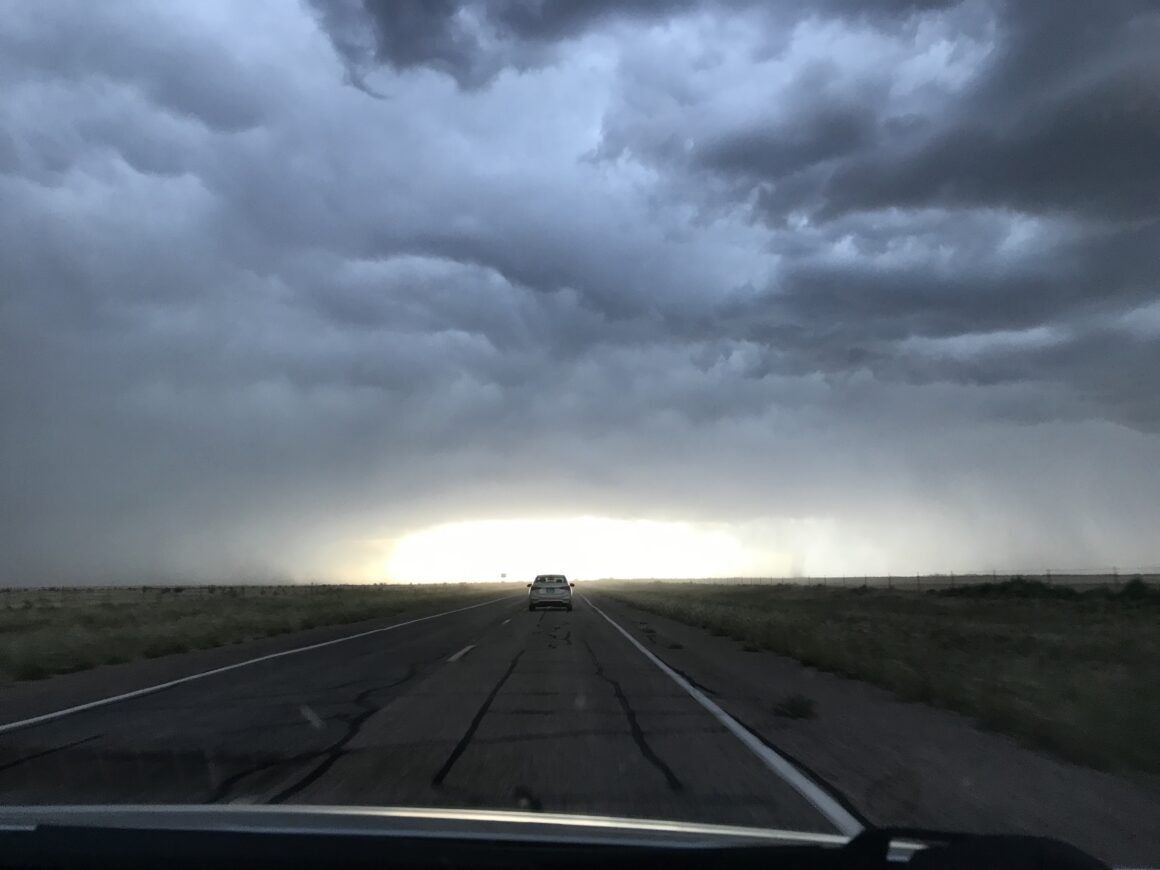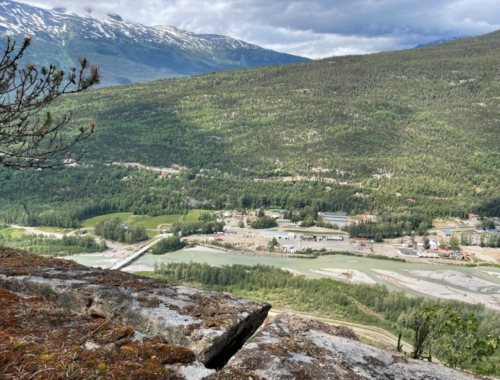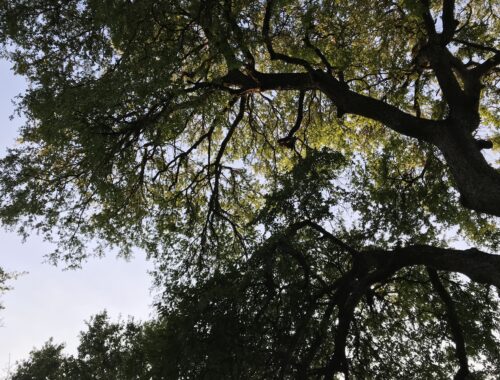
Moving Toward the Light
R. and I have driven from Austin to Laramie again, supporting one of our sons through a series of massive life changes, spending our days in parallel work—R. and I tucked into a small Airbnb house; our son at a research greenhouse—and our evenings in conversation and team efforts of problem solving, one after another. I’ve written before about how appealing new beginnings are to me, the start of a new calendar year, the start of the next year of my life, the start of the academic year, all conveniently spaced apart (for me, January and May and September—this one, my last full school year as a formal student) to give me the jumpstart and new energy I need to reconsider and recommit and re-engage.
I know I need to learn how to maintain momentum consistently in the independent parts of my own life and work even when beloveds are troubled, but I haven’t quite mastered that, yet. I’m amazed at the varied effects on my creativity and productivity, my body and my brain, that this current intersection of the buoyancy of my son’s future and the density of my mother’s are having. I wonder about the inspiration and the lift that close relationships can offer us, as well as the choke and the pull that can grab us as we deeply sympathize and daily connect with others’ journeys, the interplay of the storm and the sun and the direction of our focus.
Today is my father’s birthday; he would have been 83, if he hadn’t died of pancreatic cancer at 65, an age that becomes increasingly young to me with every passing year, as the distance between my current age and his at passing shrinks. Today at sunset also marks the beginning of the Jewish new year, Rosh Hashana, and Dr. David DeSteno’s opinion article in the New York Times today explores the power that the seemingly paradoxical Jewish tradition of contemplating fresh beginnings along with the inevitability of death can have on our clarity, our decisions, and our well-being:
“This focus on death might seem misplaced, bringing gloom to the party. But as a research scientist who studies the psychological effects of spiritual practices, I believe there is a good reason for it: Contemplating death helps people make decisions about their future that bring them more happiness. This is an insight about human nature that the rites of Rosh Hashana capture especially well, but it’s one that people of any faith (or no faith at all) can benefit from.” Along with Dr. Laura L. Carstensen, Director of the Stanford Center on Longevity, to whom Dr. DeSteno refers, I can attest—from my own creative research and lived experience as I continue to age—that there can be a winnowing of all life’s extraneous details into joy, when we focus on our loved ones, find meaning, and do good.




